Advertisement
Bankruptcy often feels like a heavy cloud looming over those who face financial turmoil. Its a term that can evoke feelings of shame, fear, and uncertainty, leading many to view it as a last resort. However, understanding bankruptcy is crucial for anyone struggling with debt, as it can also represent a fresh start and a chance to rebuild.
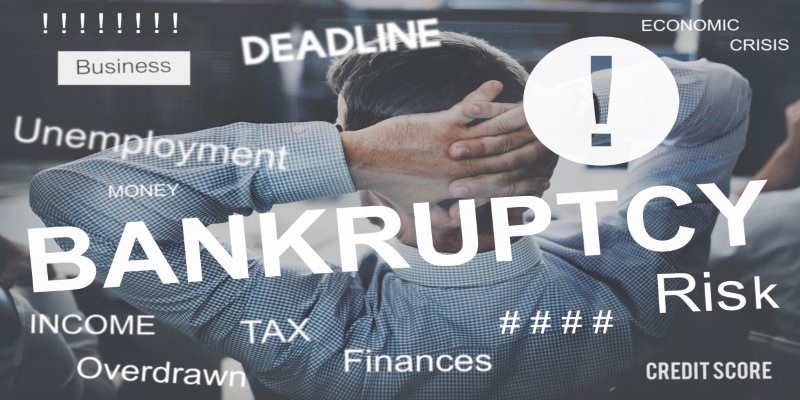
This article explains bankruptcy in real terms to illuminate the difference between types of bankruptcy, processes, outcomes, and all this stuff. Fact-based insights about bankruptcy mean that one can change negative myths and stereotypes into some real facts that people make decisions from when they approach their futures financially.
In the United States, bankruptcy is governed mainly by federal law. There are different types that individuals and businesses can seek. The two most popular types for individuals are Chapter 7 and Chapter 13 bankruptcy.
Known to people as "liquidation bankruptcy," this chapter allows the selling off of non-exempt assets so the creditors can be satisfied; it gives people in financial drowning a new chance in life. Some of them might be exempt, though, such as basic house furniture, retirement accounts, and sometimes even some form of equity in your own house. The whole thing should take three to six months to finish.
Chapter 13 Bankruptcy is also known as "reorganization bankruptcy." It allows an individual to create a plan to pay off all or part of their debts over three to five years. This option is preferred by most individuals who have a steady income and want to retain their assets and find ways to handle their debt. Unlike Chapter 7, Chapter 13 allows debtors to maintain property and avoid foreclosure or repossession.
Businesses also have bankruptcy options. Chapter 11 Bankruptcy is the reorganization type of business bankruptcy that will let companies restructure their debts while continuing to be in operation. This involves much more complexity and usually deals with larger corporations, but small businesses can file for Chapter 11 if needed.
Filing for bankruptcy is a multi-step process that requires careful consideration and legal procedures. It typically begins with gathering financial documents, including income statements, tax returns, and a list of debts and assets. This information is crucial for the bankruptcy petition, which outlines the individual's financial situation.

Once the petition is filed with the bankruptcy court, an automatic stay is put in place, halting most collection actions against the debtor. This means creditors cannot pursue collections, foreclosures, or repossessions while the bankruptcy case is active. After this, a meeting of creditors, known as a 341 meeting, is scheduled, where the debtor is questioned about their finances by the trustee and creditors.
For Chapter 7 cases, the bankruptcy trustee assesses non-exempt assets and may liquidate them to repay creditors. In Chapter 13, the debtor must adhere to the repayment plan approved by the court. This plan outlines how much will be paid back over the agreed-upon timeline. Successful completion of the plan can lead to the discharge of remaining unsecured debts.
While bankruptcy can offer relief from insurmountable debt, it also has significant implications for your financial future. One of the most immediate effects is the impact on your credit score. A bankruptcy filing can stay on your credit report for up to ten years, making it challenging to obtain new credit during this time. However, its important to note that many individuals find their credit scores improve over time after filing, especially if they take steps to manage their finances responsibly post-bankruptcy.
Moreover, the stigma associated with bankruptcy can affect personal and professional relationships. Some people may feel embarrassed or ashamed about their financial situation, which can lead to emotional stress. Its crucial to remember that many individuals have found themselves in financial difficulty due to circumstances beyond their control, such as medical emergencies, job loss, or divorce.
Another vital consideration is the potential loss of certain assets. In Chapter 7 bankruptcy, non-exempt assets may be sold to pay creditors. While many states have protections for essential belongings, there's a risk of losing property that exceeds those limits. Chapter 13 allows for the retention of assets, but individuals must keep up with their repayment plan to avoid foreclosure.
Many people hold misconceptions about bankruptcy that can lead to unnecessary fear and stigma. One prevalent myth is that filing for bankruptcy means losing all your assets. In reality, most states allow exemptions for essential items, such as a primary home and vehicle, so individuals can often retain crucial possessions while discharging debts.
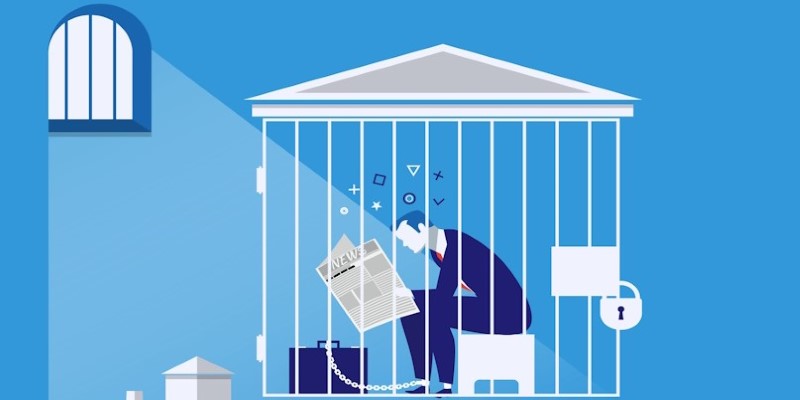
Another misconception is that only irresponsible individuals file for bankruptcy. However, many responsible people find themselves in financial distress due to unforeseen circumstances like medical emergencies, job loss, or divorce. Bankruptcy can be a legitimate way to regain control of ones finances in such situations.
Additionally, some believe that all debts are wiped clean after filing. While bankruptcy can eliminate many unsecured debts, certain obligations, such as student loans, child support, and some taxes, are usually non-dischargeable.
Lastly, many think that once they file for bankruptcy, they will never obtain credit again. In truth, many individuals see their credit scores improve after bankruptcy as they learn to manage their finances responsibly. Understanding these misconceptions can help individuals make informed decisions about their financial futures.
In conclusion, bankruptcy is a complex legal procedure designed to help those overwhelmed by debt find relief. Understanding its various types, processes, and financial implications is crucial for making informed choices. Although bankruptcy may come with a stigma, it can serve as a vital path to recovery and renewed financial stability. By dispelling common misconceptions and seeking professional advice, individuals can effectively manage their financial challenges and reclaim control over their lives. Rather than viewing bankruptcy as a failure, it should be seen as a strategic choice for many looking to achieve a fresh start and build a more secure financial future.
Advertisement
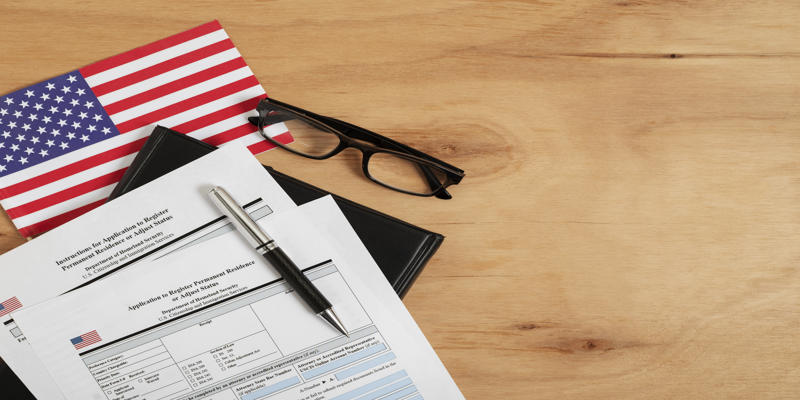
By Elva Flynn/Mar 17, 2025
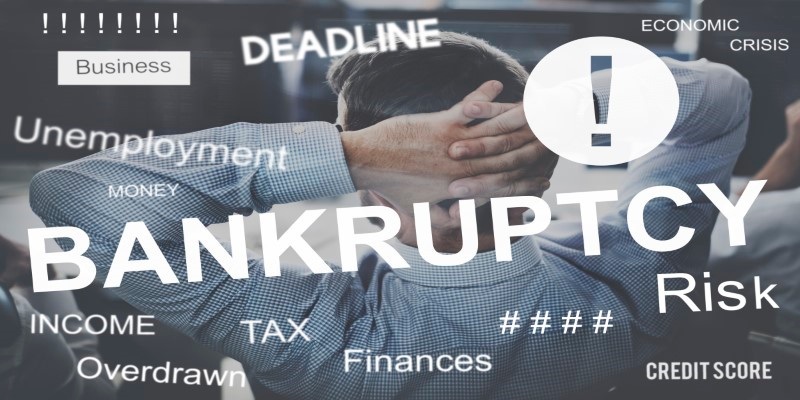
By Sid Leonard/Feb 28, 2025

By Maurice Oliver/Mar 18, 2025

By Tessa Rodriguez/Mar 16, 2025

By Nancy Miller/Jan 20, 2025

By Mason Garvey/Dec 06, 2024
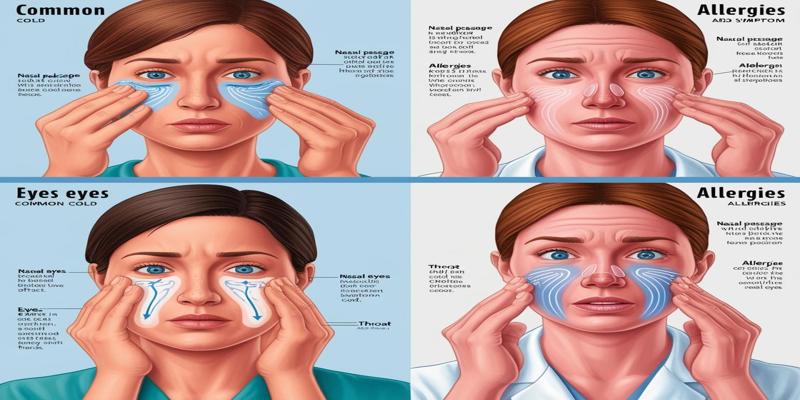
By Kristina Cappetta/Mar 18, 2025

By Martina Wlison/Mar 18, 2025

By Mason Garvey/Jan 23, 2025
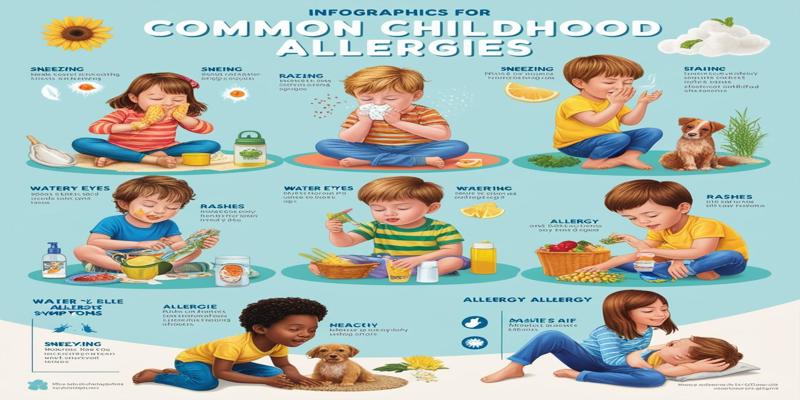
By Isabella Moss/Mar 18, 2025

By Aldrich Acheson/Feb 28, 2025

By Alison Perry/Jan 20, 2025